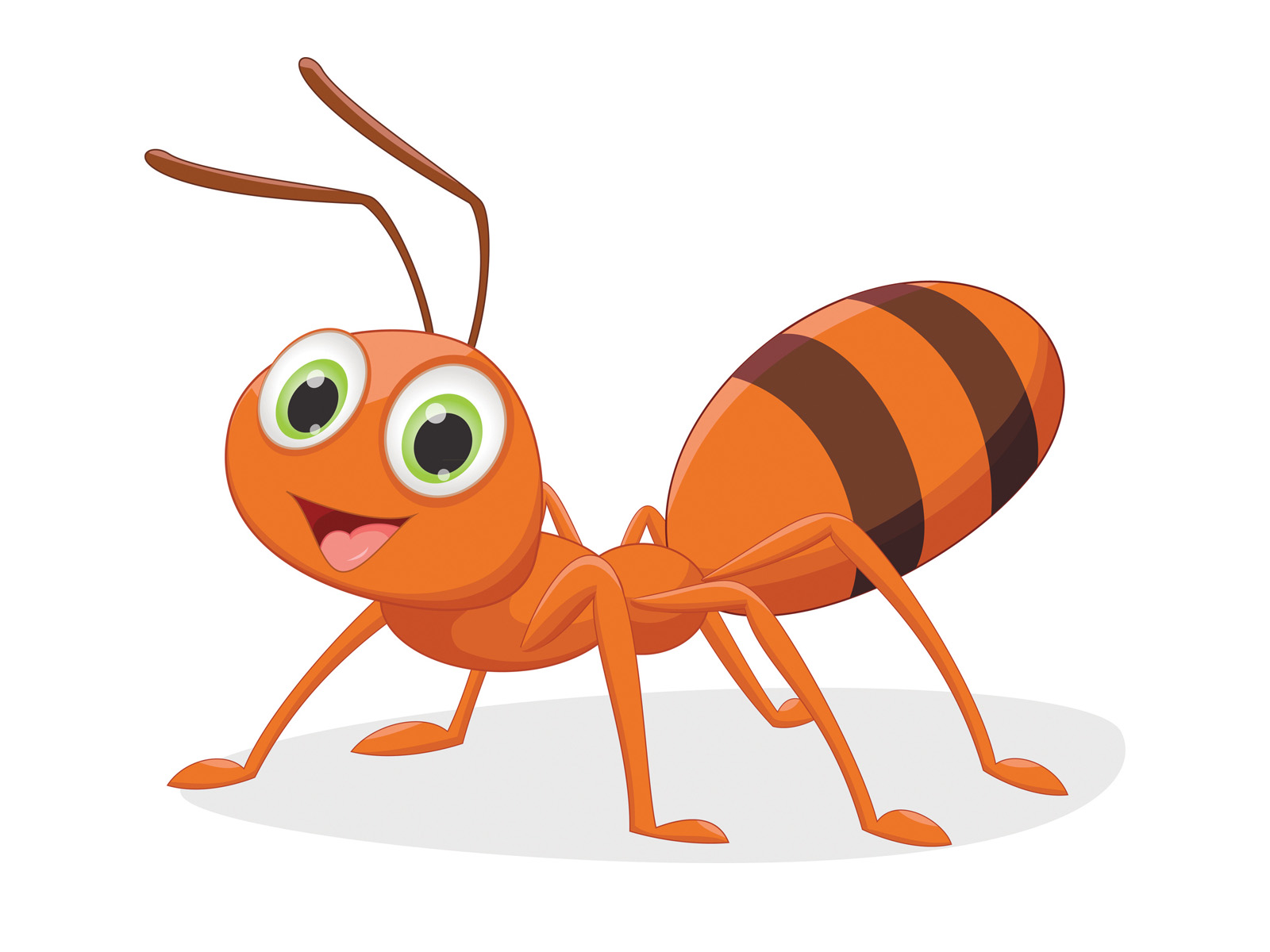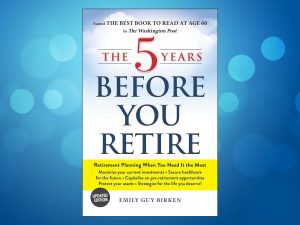How cognitive tests strip seniors of their rights
By Sharon J. Riley
If an individual seems anxious and confused when being admitted to the hospital, staff can give them a capacity assessment: a common evaluation administered to people who seem disoriented. This test is designed to determine whether a person has the ability to understand information and foresee the consequences of her actions. If the assessor determines that a person is incapable of making some or all of their own decisions, a “certificate of incapability” can then be issued. Being deemed incapable means that a person’s life decisions- how they spend their money, the healthcare they receive, where they call home- may be delegated to another party. The system is designed to protect against elder abuse and errors in judgement, but it also risks doing so at the cost of their liberties, according to experts.
Capacity has no standard unit of measurement and sometimes may seem more like an art than a science. How a person performs on an assessment can be influenced by whether they’ve recently experienced a traumatic event, trust their assessor or are hard of hearing. Experts have raised concerns about the efficacy of the various tests and caution relying heavily on them.
Source: Reader’s Digest
Can ants really detect cancer in humans?
By Karen Levy
Ants are truly fascinating creatures. These industrious insects can lift up to 50 times their own body weight, morph into rafts to protect themselves from floods, predict earthquakes, and even repair their damaged homes. Now, researchers have found that they may even be able to help detect cancer in humans.
The study turned to Formica fusca, or silky ants, found throughout Europe. They began by exposing individual ants to two tubes—one empty and the other containing a solution with cancerous cells. When the insects went toward the latter tube, they were rewarded with a sugar solution. It took just 30 minutes to associate the diseased cells’ distinct odor with the treat.
Scientists then tested the insects’ cancer-detecting prowess by removing the sugar. The ants continued to gravitate towards the tube about nine times before they realized the treat was gone.
“Ants are equivalent to dogs… in terms of detection abilities,” the researchers wrote. “In some respects, ants even surpass dogs because they need an extremely shorter training time (30 minutes compared to 6-12 months for a dog) and costs less.”
Source: DOGOnews
Weight loss and the new science of metabolism
By David Cox
About 90% of people who lose significant amounts of weight, whether through diets, structured programmes or gastric surgery, ultimately regain just about all of it. Scientists believe that the answer lies in the workings of our metabolism, the complex set of chemical reactions in our cells, which convert the calories we eat into the energy our body requires for breathing, maintaining organ functions, and generally keeping us alive.
A new study which followed 100 individuals over the course of many months as they first lost and then regained weight, measured everything from energy expenditure to changes in the blood, brain and muscle physiology.
If metabolism drops and continues to stay low during weight loss, it could imply that dieting triggers innate changes that compel us to eat more. If it rebounds to normal, this suggests that weight regain is due to the recurrence of past bad habits, with social and cultural factors tempting us to go back to overeating. Now many of the traditional assumptions have been challenged. For scientists at the forefront of this field, these answers could go on to change many aspects of public health.
Source: The Guardian















